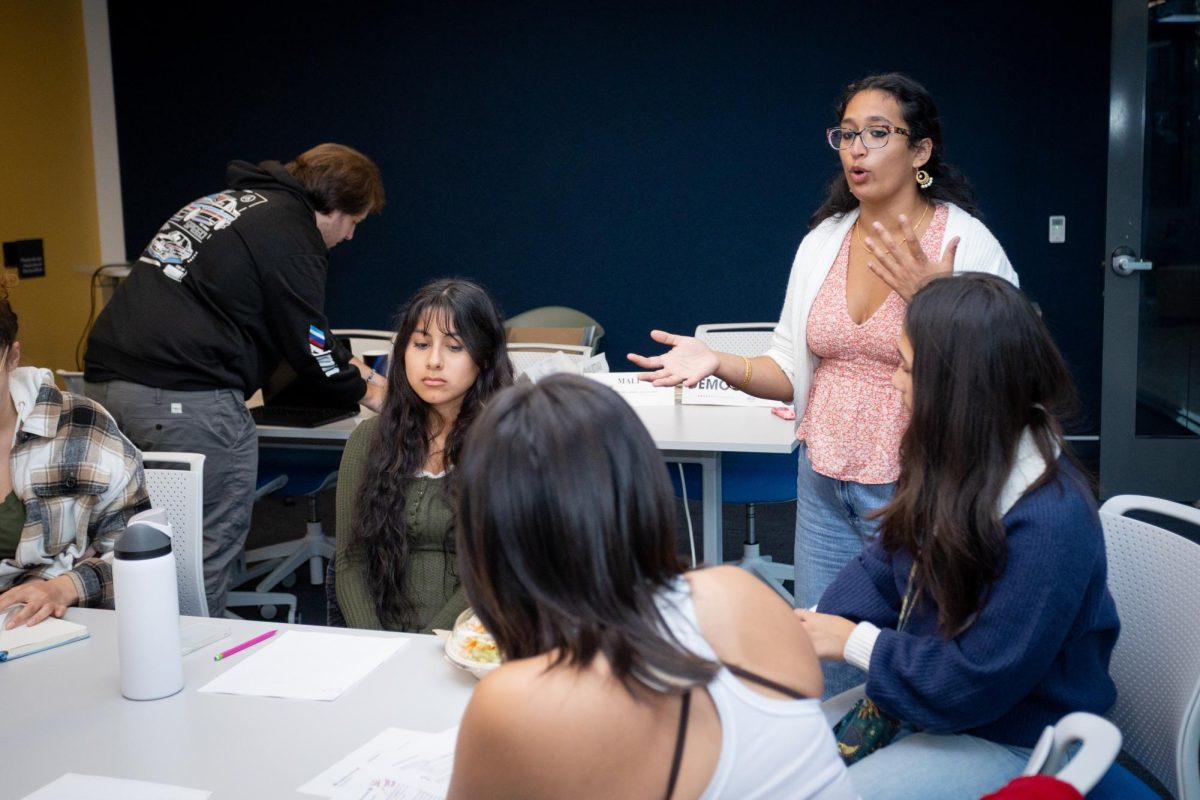As the country continues to head closer to election night, universities across the nation are taking the opportunity to educate students on expressing their First Amendment rights. For some students enrolled currently at a higher education institution, this would be their first time voting in any presidential election.
However, as the conversations of voting, and more specifically who to vote for progress, there can be a lot of miseducation on what the people’s First Amendment rights are.
An example of the people’s freedom of expression is the many protests held for various reasons throughout the year. There have been protests that broke the boundaries of the First Amendment, such as what happened on Jan. 6, 2021, as protesters began to break into the Capitol building and invoke violence.
At Rowan, there have been assemblies, most recently from the Israel-Hamas War, where students were rallying to demonstrate their support of Palestine, which they can do as long as they make the university aware of this by contacting them. Rowan must also allow freedom of expression as it is a public institution.
What falls into the First Amendment and what doesn’t can be hard to distinguish; since election season is approaching, Rowan’s faculty held a webinar on Sept. 24 to discuss the rights on university campuses in the United States relating to freedom of speech.
This educational virtual event was moderated by Kevin Koett, the Vice President for Student Life and Dean of Students at Rowan. Koett asked questions about the right to protest and counter-protest, civil disobedience, academic freedom, complexities surrounding hate speech, and political paraphernalia on campus.
Drew Tinnin, the Associate Vice President for Student Life, spoke on the conversations he’s had with people contacting the university to protest.
“We may ask people to move away from the classroom if the noise is so pervasive that’s disrupting a student’s access to that information in that class,” Tinnin said.
Tinnin has had students ask the university: what if they disagree with the message that is being spoken at the protest or gathering?
“We realize that counter-protests may want to express their point of view as well, and we will always work with anyone to provide a similar space for counter-protesting,” Tinnin said. “We want that to be within visual and audio range of what’s going on, so people can get those both perspectives.”
A party that disagrees with the protest and is trying to argue against their views, cannot physically disrupt the event, to silence the voice of the protestors. Tinnin stated that other members cannot shut down a speaker, as this violates the First Amendment, often known as “Heckler’s Veto.”
Koett also asked panelists about how students should be responsible on social media, and why that is important. Amol Sinha, executive director of the American Civil Liberties Union in New Jersey, reminded students that it should be a priority to stay mindful of what one posts on social media.
“It’s very hard to put the toothpaste back in the tube as they say, but I think one of the things that we care about at the ACLU is that speech does not mean speech without consequences,” Sinha said. “Even if there is a student or a faculty member that is facing campus consequences for things that they say online, it’s important to protect them from criminal consequences unless they are narrow, limited content of true threats.”
However, Sinha does believe social media can be used to start conversations about politics, life, and other things. He also stated it can be a powerful way to have one’s voice heard.
Molique Wright, a student and success coach at Rowan, gave his perspective of balancing his right to his values, freedom of speech while also respecting other’s values that differ from his.
“One of the big frameworks that I like to live by is to challenge ideas, not people. It is very possible to not agree, conceptually or ideologically, with what someone else agrees with,” Wright said.
The panelists also touched on topics of how as a community can people be more mindful, more caring, and be bystanders. They also spoke on tips on how to report something when it is witnessed at Rowan, and who should they talk to, as reporting these situations of violence or discrimination, allows for more voices to be heard.
For comments/questions about this story DM us on Instagram @thewhitatrowan or email [email protected]



































































































































































































